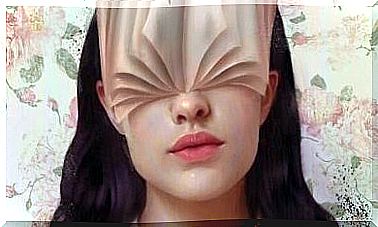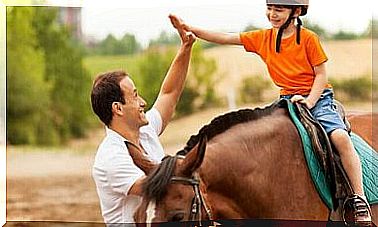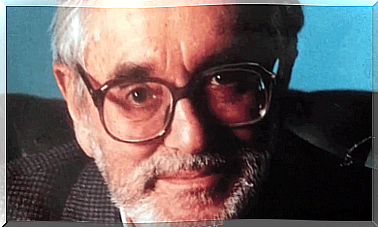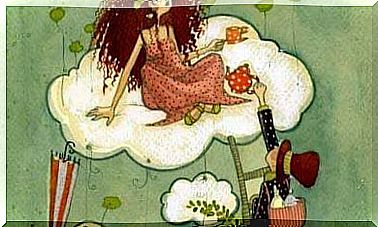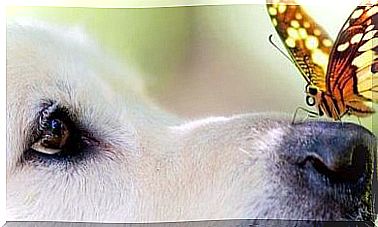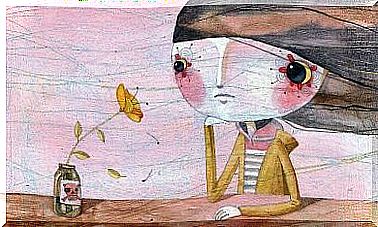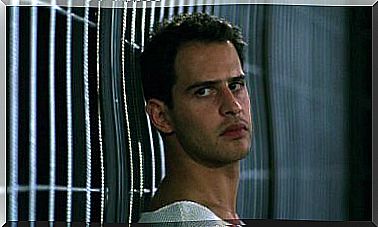Do We Love Or Need Each Other? Is Love A Need?
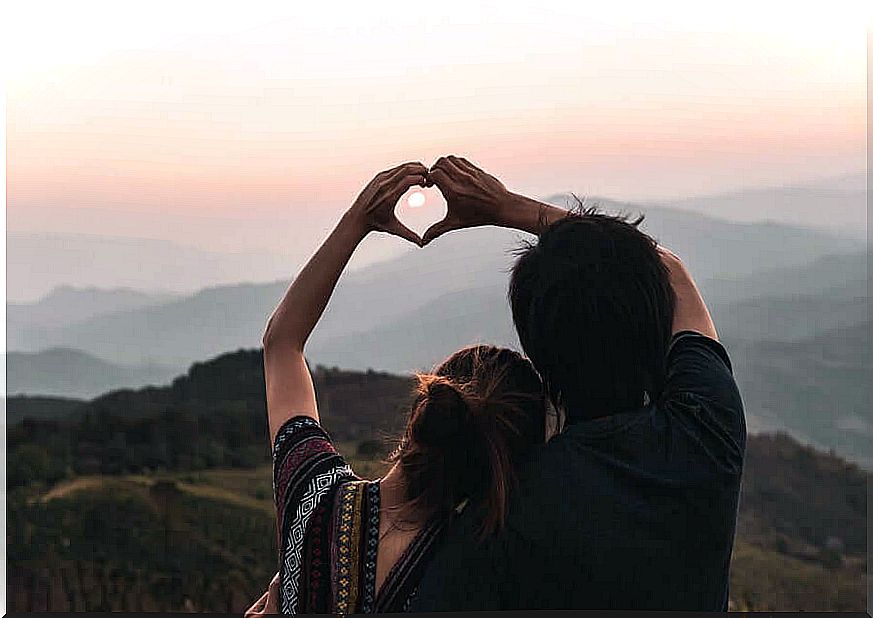
At a certain age in our life, we are likely to wonder if we really know how to distinguish between love and need. Do we love or need each other? Do we really know what love is? How is love different from need?
Talking about love in all its forms of expression is a very complicated subject because of the misuse of this word in situations which, in reality, are very different from each other.
As this is a complex concept, perhaps the emphasis should be on what love is not, rather than looking for a possible definition.
Do we love each other? Love is not …
- The word “love” (if we define it, then it’s not love)
- Possession (what we own owns us, we can’t lock it up or catch it)
- A thought (it is not a question of thinking about love but of practicing it and feeling it)
- Interest (if there is interest, there is no love, love just is)
- A need (love is not there to fill ego voids)
- Temporary (he is not in us, he is always in the present moment)
Do we love each other? The couple does not consist of …
- To be in a relationship but to be free together
- Make promises but to maneuver together
- Sign a piece of paper but assert your freedoms
In addition, love:
- Does not need emotional displays but communication
- Is not related to the masks nor to the image we have of the other
- Isn’t the feeling of love a consequence of the neurochemistry that ends up disappearing
Falling in love is a very confusing phenomenon, as it is a transient state that involves an alteration in the level of neurotransmitters ( dopamine and norepinephrine increase while serotonin decreases). The effect of these alterations is very similar to drug addiction. It is therefore best to wait for this state to pass before making important decisions. According to psychologist John Bradshaw, lasting relationships must overcome this transient state until the stage of comradeship.
The study by Holmberg and Holmes (1994) showing how we change memories has received much comment. These two researchers spoke with 400 married couples who, at the start of the research, claimed to be happily married and to be in love.
Two years later, these same couples were interviewed again. Couples who had separated or were in a worse situation ultimately claimed that, in fact, their relationship had started badly. It shows that we are capable of constructing false memories to justify our decisions.
Now let’s see what a romantic relationship is.
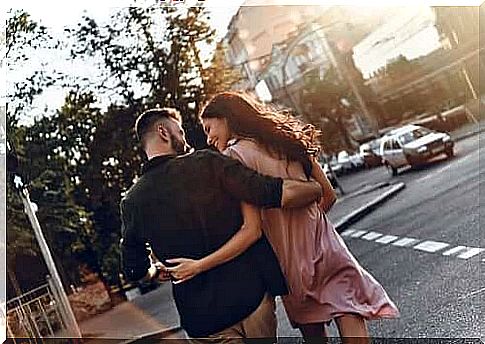
Do we love each other? The romantic relationship is not a need, it is …
- Express yourself in all possible ways
- Live in total freedom (otherwise it’s not a relationship)
- Play without rules, cause there are no rules if there is love
- Play with your imagination, surprise and support each other unconditionally
- Respect yourself to respect the other
- Driving, driving over potholes and having to check the condition of the wheels from time to time
- Break free, not engage
Over the years, freedoms are hidden and judgments, pride and egos are reinforced. To all this is added the problem of technology which has assumed a significant increase of overwhelming superficiality.
Cosmetic surgery as a gift is increasing… Just like the need for recognition, decadence, exhibitionism on social networks, to the point that there are now treatments and therapies to solve these new problems.
The institutionalization of love prevents the knowledge of love
Institutionalization
We cannot enclose the concept of love in a temple, a sect, a religion, a fashion, a rite or a philosophy. Do you think you can label, classify or appropriate the freedom ? It is for this reason that love has no sanctuaries. We find it when we stop looking for it and it appears when we remove obstacles.
Are your curtains closed and there is no light in your room? Just open the curtains. Freedom does not seek itself, it appears and we then realize our prison.
The results
A nightingale does not sing to be applauded: if its melodies are beautiful it is because they are natural. Some see love as the result of work. This work consists of taking more than giving. That is why we are talking about obstacles.
The same thing happens with passions. We were not educated to love what we do but to love the result and seek recognition. It takes us away from the beauty of the natural passion that arises from aimless behavior, from reacting to harmony with the environment around us.
The conditioning
We must break and question any condition that locks in and hides the capacity to love that we have within us. What are you doing for what you want or what others expect from you?
Some people get so caught up in identifying that they like a symbol more than a person, flag, or ideology as a priority to divide and feel special. These are deficiencies linked to the fear of loving, because love puts an end to everything we thought was safe.
Attachment
There are many times when we confuse love and need. Many adolescents start a relationship because their friends are already in a relationship and then think that being in a relationship is better, rather than learning to deal with loneliness, fear, rejection, protection… It shows how attachment can make us mentally dependent on another person and make us believe that we love each other with deep love.
Since love is freedom, attachment is an obstacle for love. It is a notion to work on. Sharing freedoms makes us strong; depending on someone keeps us away from love. Let’s love, let’s not be addicted.

The ego makes love disappear
In short, love arises when the ego and its need for attention disappear.
There are a lot of trains passing through our life. Everyone reminds us of this and everyone clings to them to throw them in our faces. Take the train! This is your chance! And nobody, nobody, nobody remembers that sometimes you have to get off the train we’re in.

